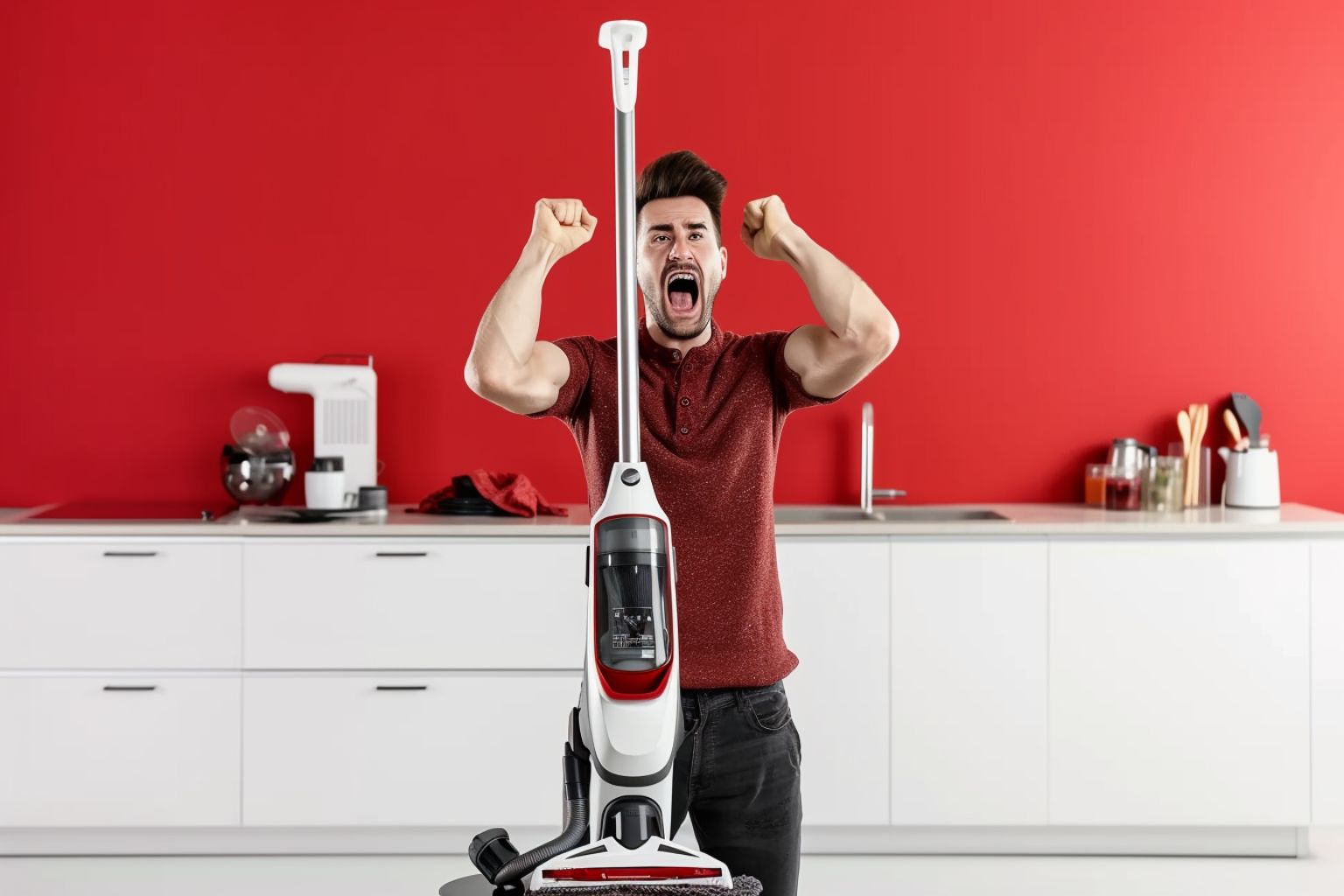Roy Gregston’s Hoover Complete Steam Mop breaks down only a few months after he buys it from Amazon. Even though he has a three-year extended warranty, no one will cover it. And then there’s a restocking fee, too. What’s going on?
Question
Last year, I purchased a Hoover Complete Steam Mop from Amazon. On that same order, I bought a three-year extended warranty from Asurion.
The unit failed a few months later.
I first contacted Asurion. A representative informed me that since the steam mop is still covered by the manufacturer’s warranty, Asurion could not help.
I then contacted Hoover, which declined to replace the unit because they considered Amazon not to be an “authorized” reseller. I don’t understand how anyone selling new products on Amazon could not be “authorized.”
I then contacted Amazon, which said the item was outside of their warranty period.
Amazon contacted the actual seller — a business called the Deal Valley. Amazon finally agreed to a return, with a reduced refund because of a restocking fee, but they would not pay for shipping of the defective item. The returned item would be worth 50 percent of the value of the original steam mop, or about $100. I’m not prepared to accept that. Can you help? — Roy Gregston, Green Valley, Ariz.
Answer
No one wants to take responsibility for your broken steam mop — not Amazon, not Asurion and not Hoover. But you should not have to accept a restocking fee that results in a 50 percent refund for something that should be fully covered (and for which you paid for extra insurance).
An authorized seller is a company that has permission from a manufacturer to sell its products. In your case, you were buying the steam mop through Deal Valley, which was selling its products on Amazon. So Amazon was not the authorized reseller — it was just an intermediary for your purchase. (Related: Amazon lost return: What happened to my surge protector?)
But that doesn’t let it off the hook. Amazon still has its A-to-Z Guarantee, which protects you when you buy items sold and fulfilled by a third-party seller. Amazon followed its policy correctly. Your return would have been subject to a restocking fee, and you would need to pay for the postage. But Amazon also has an implied warranty that any product you buy through its site will be covered — and that’s especially true for the Asurion add-on, from which Amazon no doubt received a commission.
What is a restocking fee and how do I avoid it?
A restocking fee is a charge imposed by a retailer when customers return an item. Typically, a restocking fee covers the costs of processing the return and making the product available for resale.
Some retailers may charge a restocking fee of between 10 and 25 percent of the item’s purchase price. Restocking fees are legal unless the retailer doesn’t disclose them. (Related: You might be a dishonest customer if Amazon does this to you.)
To avoid being surprised by a restocking fee, consider the following tips:
Don’t buy through a retailer that charges restocking fees
There are plenty of online stores that don’t charge these fees. Don’t patronize a business that adds these customer-unfriendly surcharges.
Review the return policy
Before buying something, check the retailer’s return policy. Look for information about restocking fees and any conditions that may exempt you from this charge. (Here’s our ultimate guide to Amazon product returns.)
Keep the packaging
Many retailers require that returned items are in their original packaging. By keeping the packaging intact, you may be able to avoid a restocking fee. (Related: I returned my defective hard drives to Amazon. What’s this $546 restocking fee?)
Contact the retailer directly and negotiate
If you need to return an item, reach out to their customer service department first. A representative may offer you an alternative, such as a store credit or exchange without a restocking fee. Politeness goes a long way, but you will often get what you negotiate.
Ask questions
If the return policy is unclear, don’t hesitate to ask a sales associate or customer service representative about restocking fees and how to avoid them. But ask before you make a purchase. (Related: Did Amazon bait-and-switch me on this toy car I ordered online?)
Being aware of restocking fees and taking steps to avoid them can help you make a more informed purchasing decision and avoid unnecessary costs.
What about your refund?
No question about it, your case was in a no-man’s land. So what to do? I think you did the right thing checking with Asurion, then Hoover and finally Amazon. That was the correct sequence. If I had to lean on anyone here, it would be Amazon. Ultimately, Amazon is responsible for the products it sells on its site. And again, not to belabor the point, but it sold you an extended warranty that suggested you would be fully covered for three years — not covered for only 50 percent after a few months. (Related: UPS lost my package! Is Amazon’s resolution fair?)
You kept a compelling paper trail, but the response from all parties was firm. You could have escalated this in writing to one of the Amazon executive contacts I publish on my consumer advocacy site, but by the time your case landed on my desk, you had been patient enough.
I contacted Amazon on your behalf. It arranged for you to return your steam mop for a full refund.
About this story
I admit it, I’ve had a bee in my bonnet about restocking fees for years. So when I saw this case — with a 50 percent restocking fee — I had to reach for my cape. I think restocking fees are well on their way to becoming the resort fees of retail, and maybe it’s time to take a stand. Then again, if you work for a retailer or own a retail story, maybe you will disagree. That’s why we have site comments, and that’s why I have today’s poll (please scroll down to take it). I’m grateful to Andy Smith and his team for the editing help, to Mel and Dwayne in our advocacy department, and to Dustin Elliott for the illustration. You guys are the best!




